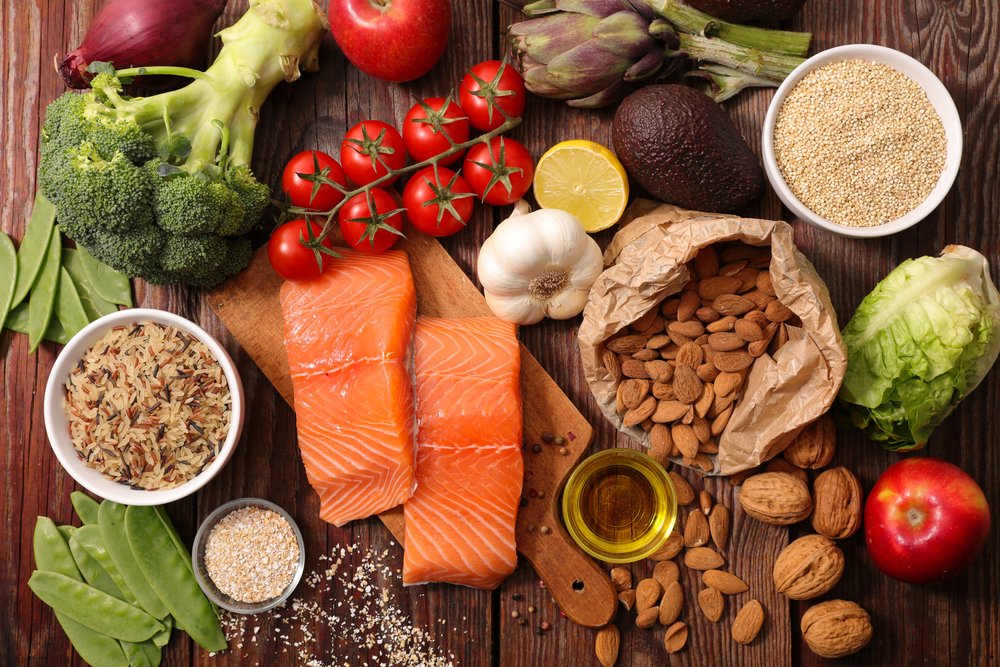Nanotechnology, the science of manipulating materials at the atomic or molecular scale, has expanded its footprint in multiple sectors, including medicine, electronics, and energy. But one of the areas experiencing a transformative effect due to this technology is the food industry.
Food companies are rapidly investing in nanotechnology innovations to revolutionise food safety, packaging, and nutritional value. This article delves into how these companies are banking on nano innovations for a brighter, tastier, and healthier future.
A paramount concern in the food industry is ensuring the utmost quality and safety. Here, nanotechnology plays a game-changing role. It facilitates the detection and removal of contaminants in food products. Taking nanosensors as an example, researchers are making strides in creating devices that can identify even trace amounts of pathogens or harmful chemicals. By incorporating these innovative sensors into food packaging, contamination can be detected in real time. Thus, every morsel that reaches the consumer is ensured to be of pristine quality.
However, the vision for the future of food packaging transcends mere containment. It’s about building a two-way conversation between the product and the consumer. How? By integrating nanocomposite materials into packaging. These can significantly increase a product’s shelf life, providing enhanced protection against threats like moisture, oxygen, and UV radiation. Additionally, the dawn of nano-enabled smart labels is upon us. These ingenious labels have the capability to change colour, signalling if food is beginning to spoil or if it has faced unfavourable conditions like excessive heat.
Looking closer at health advancements, nanotechnology holds significant potential to revolutionize nutrient delivery. Techniques like nanoencapsulation can direct vitamins, minerals, and bioactive compounds straight to specific parts of the body. Imagine sipping on a beverage or biting into baked goods enhanced with encapsulated omega-3 fatty acids. The taste and texture remain unchanged, but the body’s nutrient absorption is optimised, amplifying the health benefits.
The taste and texture of food itself can undergo a makeover at the hands of nanotechnology. Through nanoemulsions, food products can achieve a creamier consistency without the addition of extra fats. Furthermore, encapsulating flavours using this technology ensures a sustained release, elevating the overall taste experience for consumers.
Sustainability in food production, an increasingly pressing concern, also finds an ally in nanotechnology. Consider nano-fertilizers that empower crops to absorb nutrients with heightened efficiency, resulting in better yields. Or, the targeted delivery mechanisms of nanopesticides that diminish the need for excessive chemical usage, a win for both the environment and consumers.
With these advancements, it’s easy to foresee the potential benefits. Yet, it’s essential to tread with caution. There are uncertainties about the long-term ramifications of consuming nano-engineered food products. Recognising this, regulatory bodies across the globe are keeping a vigilant eye on the merging of nanotechnology and food, ensuring both safety and transparency.
An indicator of the immense potential of this fusion is the projected market growth. The global market for nanotechnology in food packaging is estimated to surge from its 2020 benchmark of USD 31 billion to a staggering USD 44.8 billion by 2030. This indicates a Compound Annual Growth Rate (CAGR) of 13.6% in the upcoming years.
The journey towards innovation has its fair share of bumps. Delving into the world of nano-engineered foods means stepping into the unknown, and regulators are understandably cautious about their impact on our health. For startups filled with enthusiasm and fresh ideas, the looming R&D costs and unpredictable returns can be daunting. And when big industry names dominate the market, it’s challenging for the newcomers to find their foothold.
The Pioneers in the Field
Despite the challenges, several startups are making significant strides in this sector. One such startup is Krilltech which focuses on nanotechnology for crop nutrition. They’ve produced nano-biostimulants and organic nano-biofertilizers that improve plant metabolism and food nutrition. Their products are designed to increase photosynthesis, make better use of water, and decrease both water-related and chemical stress in plants.
On a parallel note, NUcaps specialising in nanotechnology, offers encapsulation solutions for creating nanocapsules and biocapsules. Their primary product is a protein-based powder suitable for capsules, sachets, or pills, which enhances solubility and maintains stable suspensions. Additionally, they provide encapsulation for bioactives and probiotics, with applications spanning nutrition, pharmaceuticals, cosmetics, and healthcare. NUcaps holds four international patents for its technology and was established through a partnership between CNTA, IDIFARMA, and the University of Navarra.
Conclusion
The integration of nanotechnology into the food sector represents a significant advancement in scientific and industrial domains. This confluence offers unparalleled opportunities for enhancing food quality, ensuring consumer safety, and promoting sustainability. While the potential is vast, the imperative remains for careful oversight and rigorous evaluation. As we navigate this evolving landscape, it is essential to maintain a balanced approach, ensuring that innovation aligns with safety and ethical standards.
COMPANIES TO WATCH:
Author:
Kate Sivess-Symes
Content Producer and Writer
Nano Magazine | The Breakthrough


